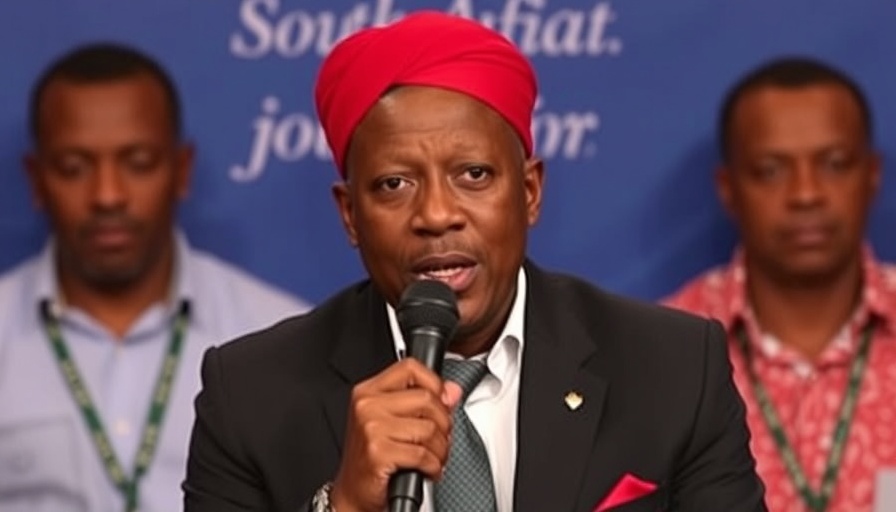
A Tug-of-War: Africa’s Geopolitical Landscape in Times of Conflict
Africa stands at a crossroads, entangled in a global tug-of-war characterized by competing interests from regional powers and international players. The current dynamics present a formidable challenge for leaders on the continent as they strive to assert their sovereignty while navigating the tumultuous waters of international relations. With conflicts bubbling in various regions, Africa's geopolitical stance is increasingly critical, influencing not just local economies but also global trade.
The Implications for Africa’s Economy
The implications of the ongoing geopolitical struggles extend deeply into Africa's economic fabric. Rising tensions have threatened to disrupt trade lines crucial for economic stability. Policymakers must respond adeptly to safeguard not just national interests but to uphold Africa's integrated economic initiatives, primarily the African Continental Free Trade Area (AfCFTA).
Balancing Foreign Relations: Africa’s Delicate Act
As powers like China and the EU vie for influence, African nations find themselves in a balancing act, keenly aware of the benefits and risks of foreign relationships. The investment flows from these powers can spur economic growth but may also come with strings attached, affecting governance and policy-making. Leaders must navigate these waters cautiously to maintain agency and avoid becoming pawns in larger geopolitical games.
Future Prospects: The Digital Economy and Beyond
The rise of the digital economy offers a lifeline amidst geopolitical tensions. Governments and businesses can harness technology to transcend traditional boundaries, establishing more resilient economic frameworks. This evolution is crucial, especially as countries look to the long term—ensuring that Africa not only participates in but leads global economic conversations.
In summary, the tug-of-war Africa faces today is reshaping its geopolitical identity and economic landscape. As international dynamics evolve, African leaders must proactively engage in diplomacy, trade, and innovation to ensure the continent thrives amid global challenges. Recognizing the shifting tides is essential for stakeholders at all levels—from business leaders to policymakers—to effectively shape Africa's future.
 Add Row
Add Row  Add
Add 


Write A Comment